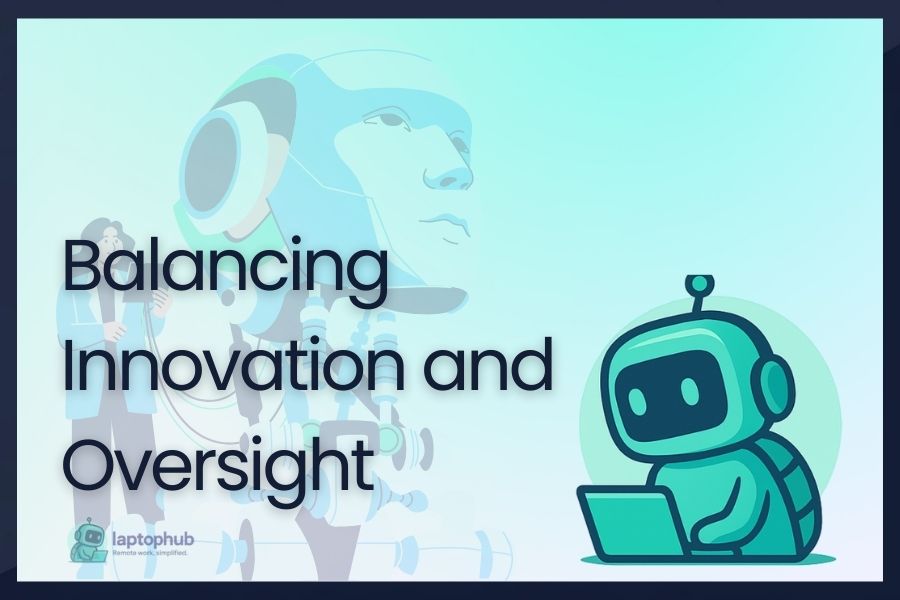California Governor Gavin Newsom has voiced strong reservations about a set of proposed rules aimed at regulating the use of artificial intelligence and automated decision-making tools, including those heavily utilized in remote work environments. According to a report by Politico, Newsom cautioned that aggressive regulation could inadvertently hinder the state’s leadership in tech innovation and place billions of dollars in economic activity at risk.
The proposed rules from the California Privacy Protection Agency (CPPA) would significantly restrict how businesses deploy AI-powered tools in hiring, healthcare, and financial sectors—critical areas where remote work technologies are rapidly advancing.
Potential Economic Fallout
Governor Newsom’s letter to the CPPA board emphasized that if implemented as initially drafted, the new rules could cost businesses an estimated $3.5 billion in just the first year. The Governor also warned of significant litigation risks and uncertainty, which could dissuade investment and force companies to move operations out of California.
Business leaders across Silicon Valley have echoed Newsom’s concerns, arguing that an overly cautious approach to AI regulation could hand a competitive edge to other states or even other countries.
Debate Over Consumer Protections
While Newsom and tech groups are urging caution, privacy advocates and several CPPA board members argue that stronger protections are urgently needed. They stress that unchecked AI and automation could exacerbate discrimination, threaten data privacy, and deepen inequality if left without regulatory safeguards.
As a compromise, the CPPA is considering adjustments to the draft, such as exempting generative AI tools and narrowing the scope of high-risk decision-making applications. Final rulemaking is expected later this year.
Implications for Remote Work Tools
The regulatory debate could have far-reaching impacts beyond AI, especially for remote work tools that rely on automated performance monitoring, hiring evaluations, and productivity scoring. Companies developing and using these technologies are closely watching how California’s regulatory environment evolves, knowing it could set a precedent for the entire U.S.




